Back to Courses


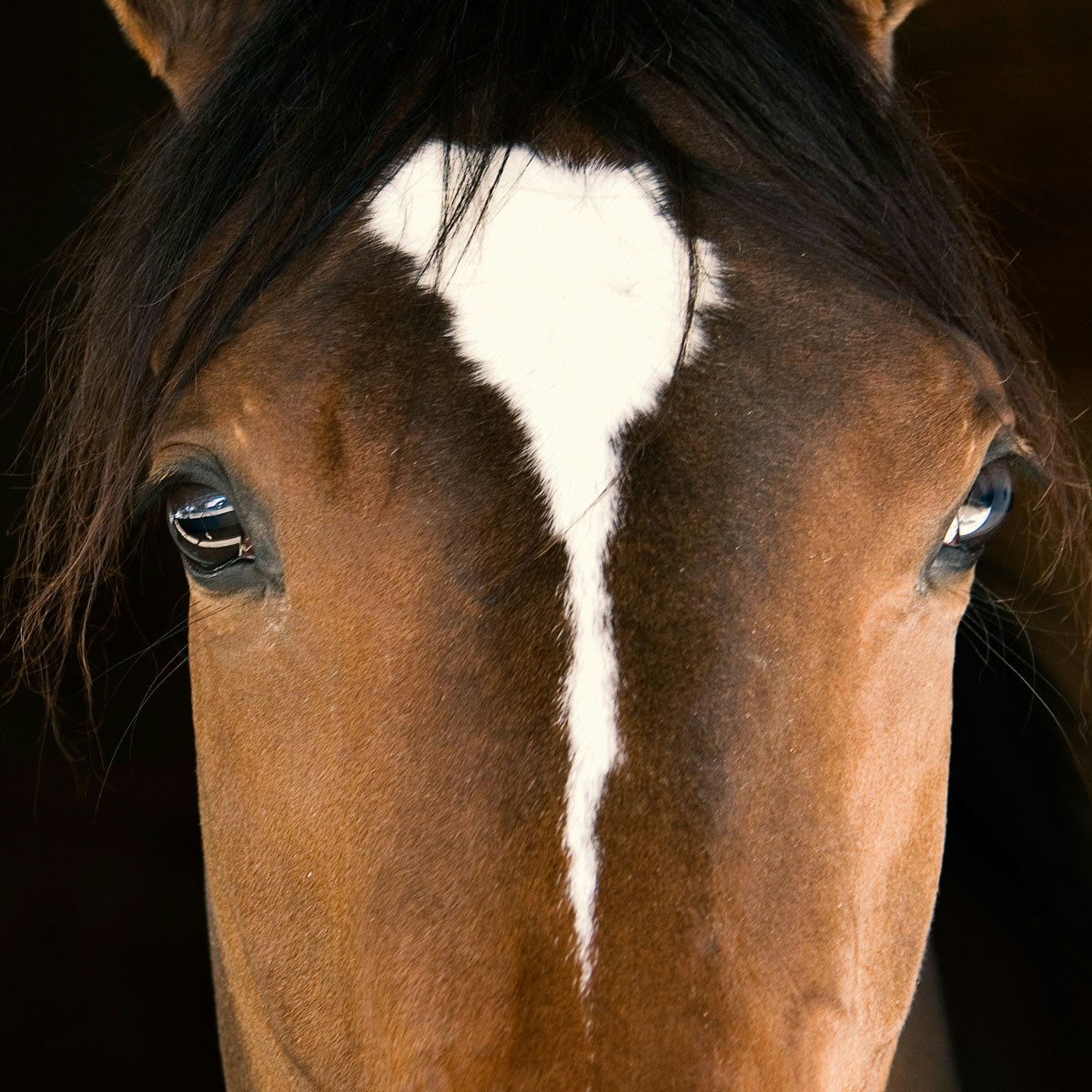
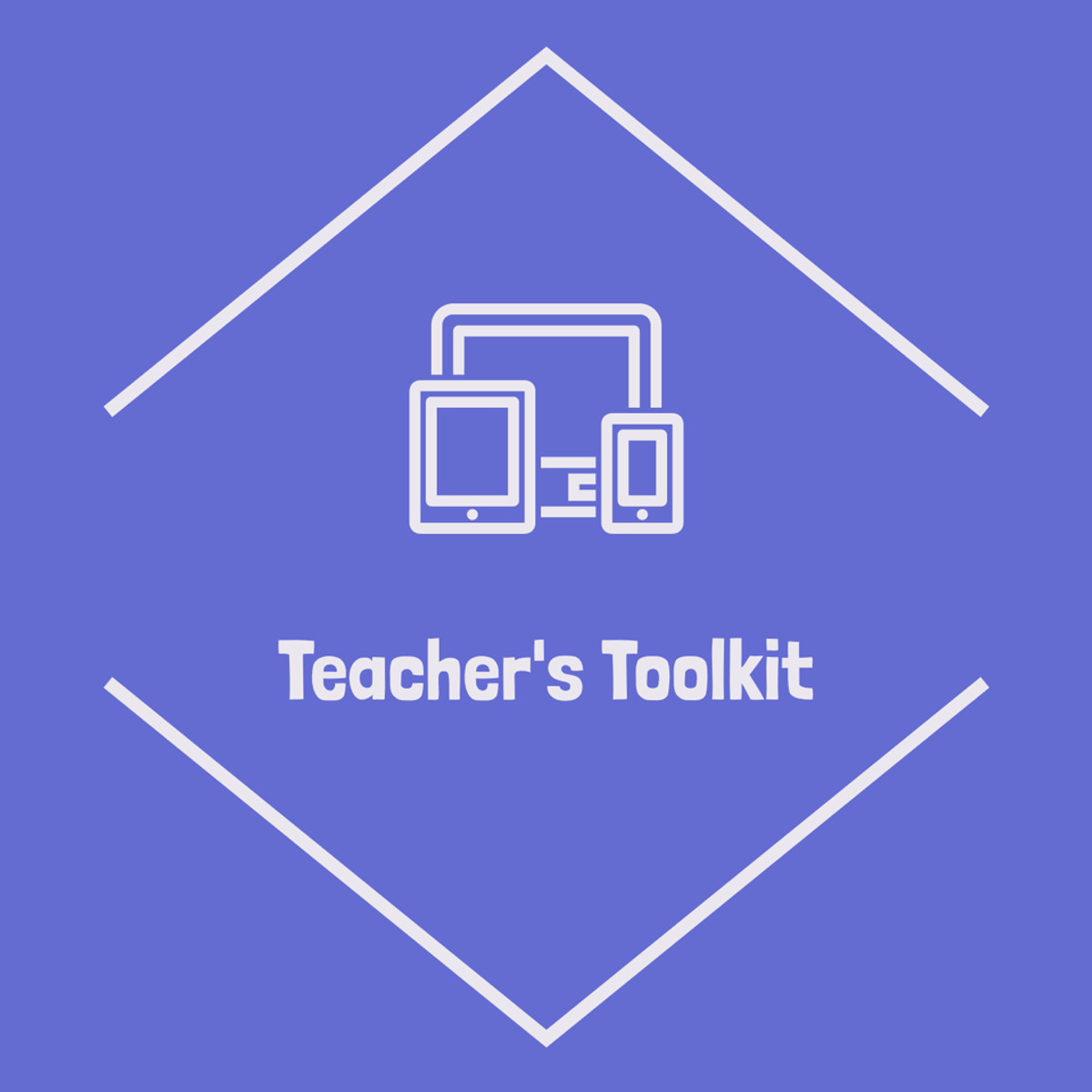
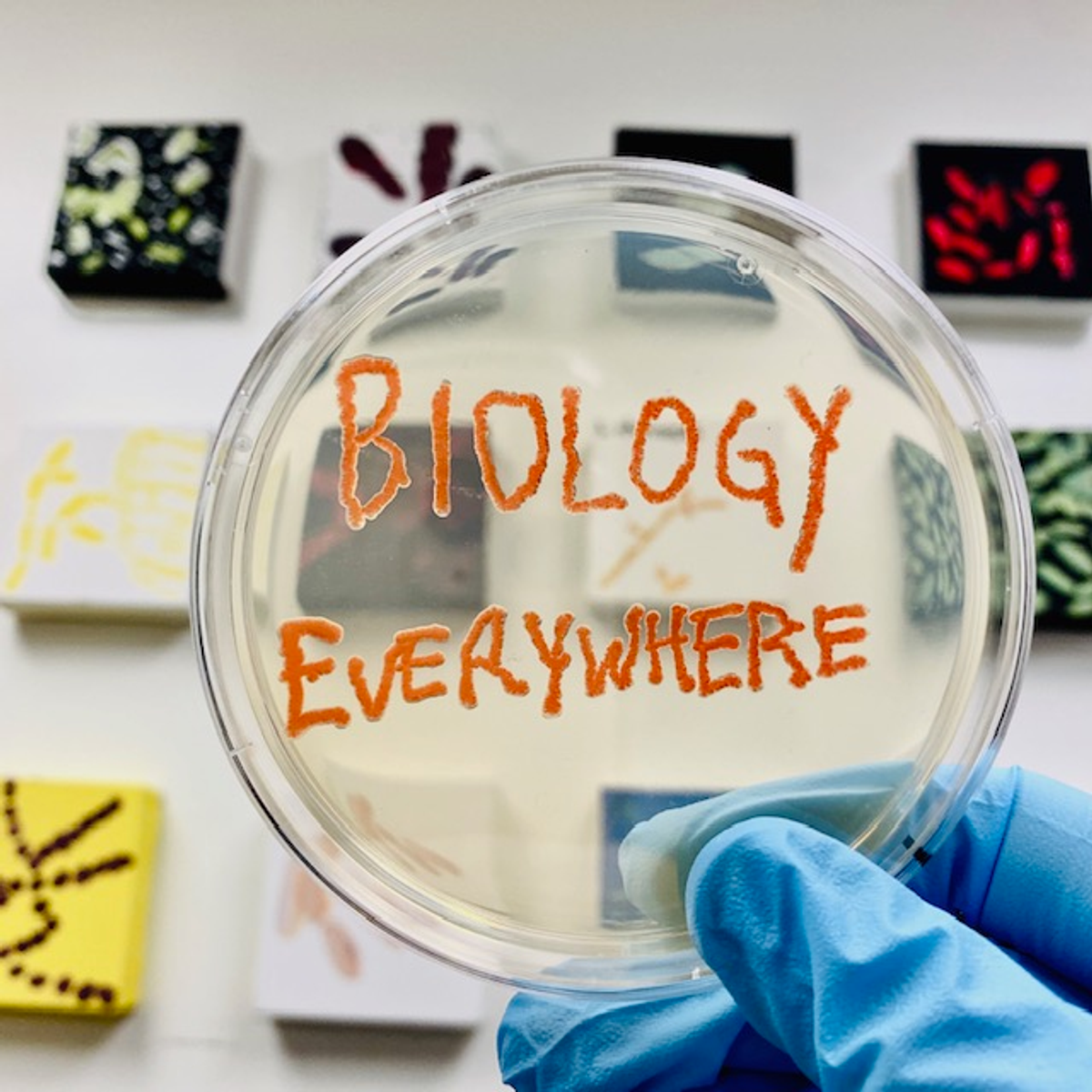
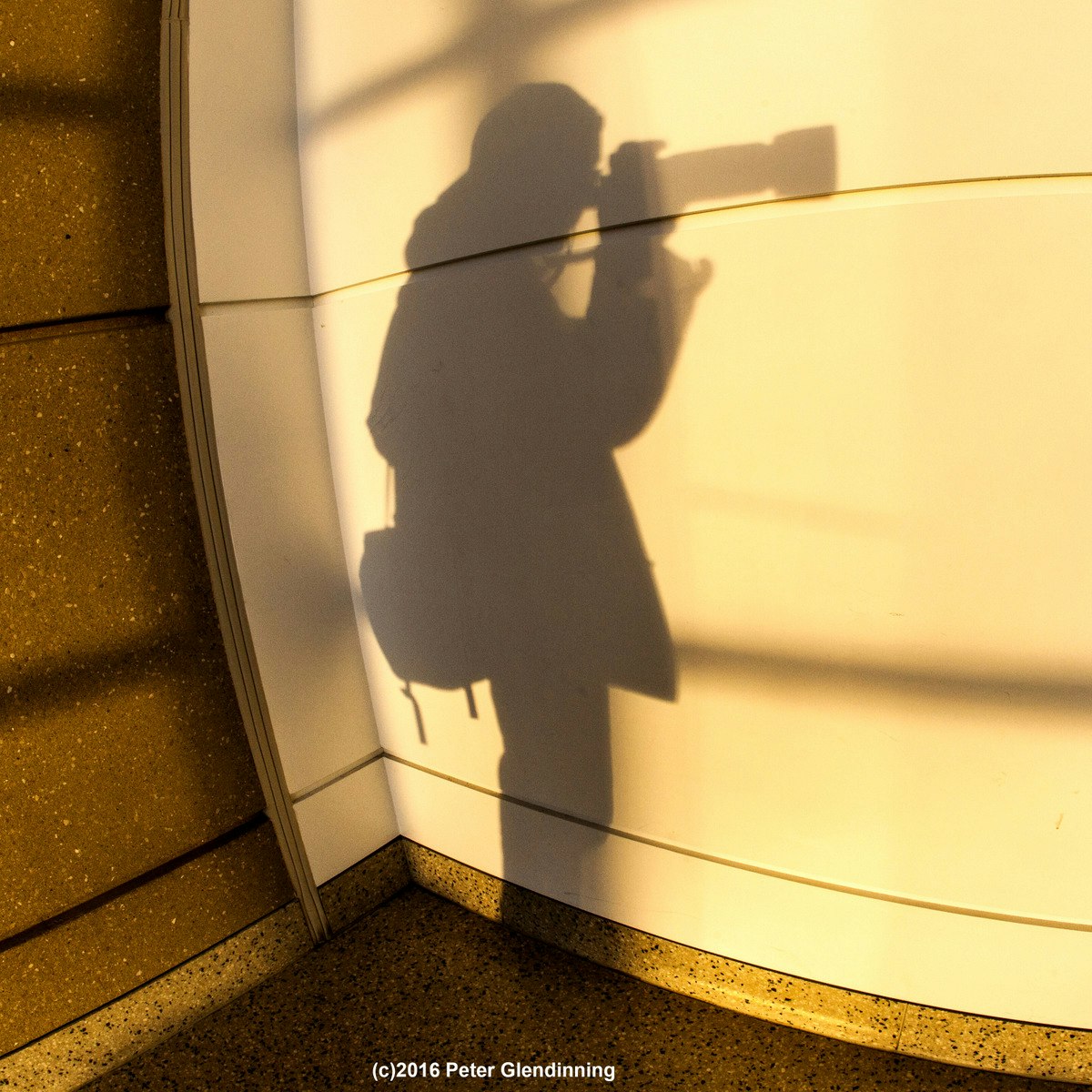
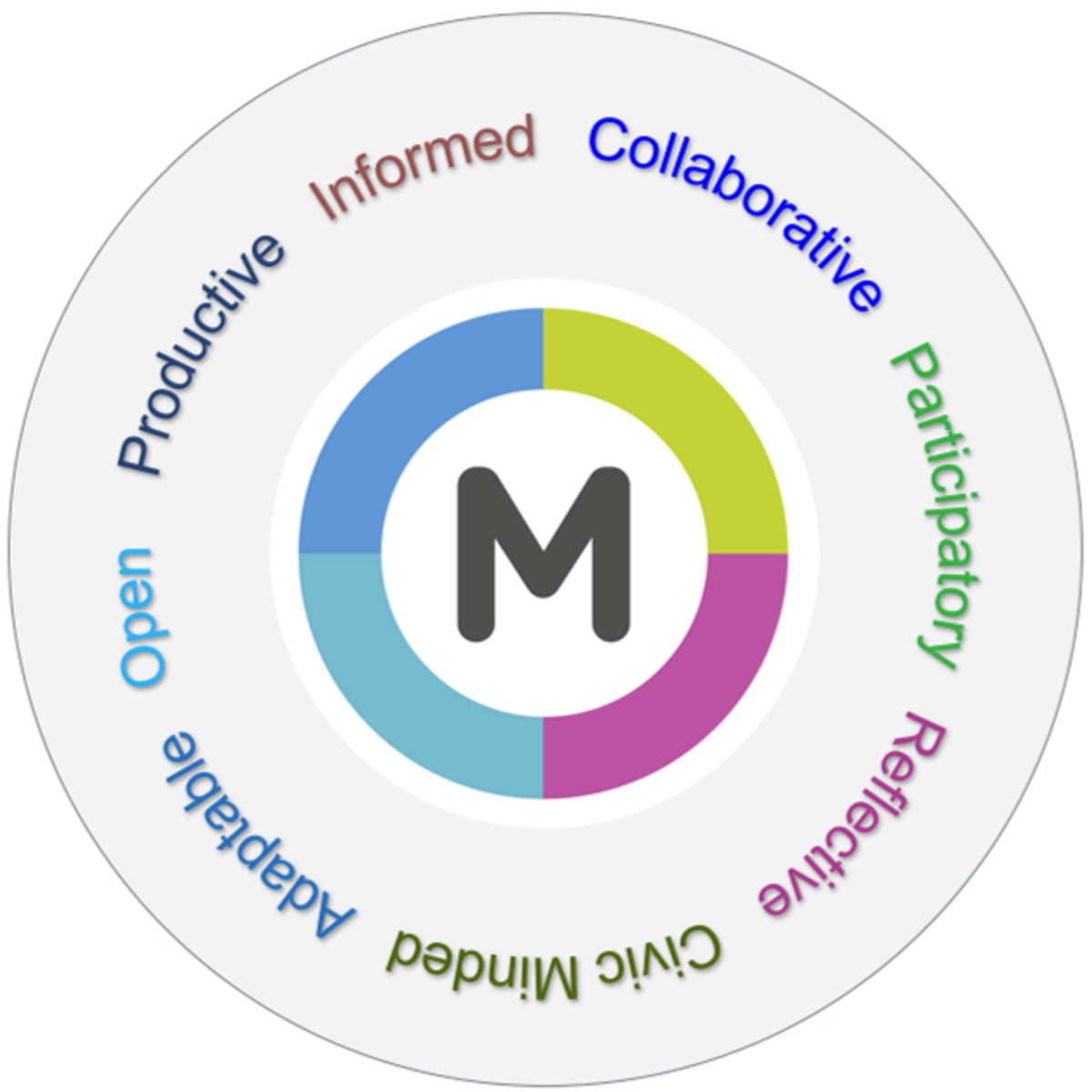


Personal Development Courses - Page 17
Showing results 161-170 of 514

Writing Stories About Ourselves
In this course, creative nonfiction writers will explore traditional storytelling methods, especially those which overlap between fiction and memoir. By looking at examples from a wide range of genres, including film, song, painting—even the theme music for Jaws!—we’ll practice exercising the creative muscle that sees ourselves as characters and the experiences we’ve had as tales. We’ll focus on critical elements, like how to begin a story, what makes for worthy content, the essential use of detail, the strengths and limits of dialogue, the power of the white space. The ultimate goal is for us to become aware of an “audience” when we write, so that the documentation of our lives will begin to resemble a “performance” crafted onto paper rather than a private entry in a journal.

Advanced Writing
Course 3: Advanced Writing
This is the third course in the Academic English: Writing specialization. By raising your level of academic writing, this course helps prepare you for college-level work.
After completing this course, you will be able to:
- plan and write a more sophisticated argument essay
- identify plagiarism and explain how to prevent it
- read and analyze several articles to form your own opinion on a topic
- make connections between several articles
- form thesis statements from your readings
- use sources effectively when writing an essay
Please note that the free version of this class gives you access to all of the instructional videos and handouts. The peer feedback and quizzes are only available in the paid version.

Thinking About Care
Although all humans require care to develop and thrive, it is rarely the focus of academic studies. This course enriches learner’s understanding of this critical yet underappreciated facet of their lives by addressing such questions as: What is care? Who has traditionally provided it? How valued is care work? Does money take the care out of care work? In addition to advancing learner’s knowledge of the place of care in modern society and controversies surrounding it, Thinking About Care will give learners the opportunity to learn a strategy that surveys existing approaches to care.

Equine Welfare and Management
This unique course was developed by veterinarians at the world-renowned University of California, Davis School of Veterinary Medicine. The course will address horsemanship from a welfare perspective, within the context of “The Five Freedoms” of animal welfare. We’ll explore equine physiology, behavior and basic needs including housing, nutrition, hygiene and disease management. You’ll learn how to perform basic tasks to assess the overall condition of the horse and identify problem areas. We’ll also examine the specialized needs of the equine athlete and the major responsibilities we as owners, handlers or competitors must assume in order to ensure the health and welfare of our equine companions. Finally, we’ll look several special topics in equine welfare including disaster planning and the international welfare efforts now in place to protect working horses and other equids in key industries such as racing, international competition, tourism and even mining. By the conclusion of the course, you will be well equipped to develop a comprehensive welfare plan for any horses in your care.

Using Seesaw for Student Learning
By the end of this project, you will be fully confident in how to use Seesaw in your classroom. Seesaw is a learning journal that allows students and teachers to add student work, comment, and share this work with parents. It is a wonderful tool to celebrate student growth and daily successes! If you are looking for ways to engage your tech-savvy students, regardless of their age, Seesaw is a wonderful tool to use. As we learn together, you will set up your account and create activities you can use with your students right away! All this while ensuring that you are comfortable with each of Seesaw’s features, better preparing you to train your students with Seesaw or use it to improve your students’ virtual learning experience.
Seesaw is a learning journal that “creates a powerful learning loop between students, teachers, and families.” It allows students to capture and share what they know through Seesaw’s digital portfolio, provides insights for teachers into student thinking and progress, and provides families with a window into their child’s learning throughout the day.

Biology Everywhere Foundations
In this course, we will explore the nature of science and biology. We will discuss what the “biology everywhere” philosophy means and the history of the “biology everywhere” project. We will also discuss what science (and biology) are as a discipline of inquiry and how chemistry is foundational to understanding biology.

Photography Techniques: Light, Content, and Sharing
Welcome to Course FOUR! In Modules 1-4 you will cover the final elements of the Specialization necessary to round out this introduction to the fundamentals of Photography, and prepare you for creating your own exciting project in the Capstone! You have come a long way since the beginning of this journey from Smartphone Basics to DSLR and Beyond. Just think of all the information you have absorbed and put to use in your assignments and quizzes, and the confidence you have gained that you CAN control the camera to make pictures you are proud to share.
Here in Course Four you will start by gaining knowledge related to content in photography, from fact to fiction, documentary to purely expressive. Next you will learn principles, tips, and techniques for using the essential element of Light in Ambient/Natural settings.
The flash/strobe unit, whether it is built-in to your camera or an add-on "hotshoe" model, will finally be something you, not the camera, controls! You will prove to yourself that those former mysteries of Controlled Continuous and Strobe lighting will no longer be mysterious, as you apply your knowledge to creation of assignment photographs in various situations. Sharing those pictures in Peer Review will give you the opportunity to learn from your fellow photographers' solutions to lighting challenges, and to gain insight into your own work and creative approaches too.
There is an important word to share about Peer Review assignments for this course. As photographers who have accomplished the quiz and photography requirements of Courses One through Three, you have the knowledge and capability to create quality photographs at a much higher rate of success, and in a much shorter time, than when you began. You have also proven that you are a dedicated Learner, someone who has a passion for photography and is willing to put forth the extra effort necessary to accomplish your goals. This Course is the last before the Capstone Course, in which you will be tasked with creating a project over a 2-month period of dedicated photography. The Peer Review photography assignments have been structured with both your advanced capabilities and dedication in mind...in other words, they will require both! Be prepared to allocate more time than you have in previous Courses for the assignments, because they will take more time and because you will really enjoy them!
Course Four ends with an overview of methods for finalizing your pictures in print form, including simple but effective matting techniques, and in web page designs as well. The pleasures and perils of sharing in social media sites are also yours to discover. Protecting your copyrights by understanding that concept and the ways that you can assert them, being careful about blogs and other outlets, and recognizing you are part of a community that respects the individual's creative effort, well that is important knowledge to have in preparation for the Capstone too! Let's get started with Module One!

Empowering Yourself in a Post-Truth World
The post-truth world is a divided and partisan environment in which factual information has been displaced by subjective and biased viewpoints. Facts and expertise no longer matter when isolated communities deny truth and scientific reasoning in favor of whatever information suits their needs or aligns with their beliefs. Social media and emerging technologies have the power to connect global participants in a meaningful way; yet, they have also led to disconnected communities that fail to communicate past their own self-imposed boundaries. In this course, you will gain insights to recognize your own biases and identify preconceptions in today’s dynamic social information environment. Through metaliteracy, you will practice self-reflective, metacognitive processes and reexamine fixed mindsets. Together, we will consider the importance of facts and expertise in reinventing a truthful world based on inclusive communities of trust. This course will empower you to be a reflective consumer and a creative, responsible producer of information, and to raise and share your voice in this post-truth milieu.

Grammar and Punctuation
Course 1: Grammar and Punctuation
Do you need to review English grammar? Have you forgotten the grammar you once studied? If so, this course is perfect for you.
The first course in this specialization is a refresher on some tools needed for good writing. It will help prepare you for the other courses. You will need about 10 hours to complete this first course. Writing is a skill and to learn a skill well, you need to practice. In this course, you will watch short video lectures and then practice and discuss what you have learned. Make sure you take good notes and use the peer discussions to ask questions. Then you'll be able to remember the rules you learn in this course when you start writing essays in the next course.
After completing this course, you will be able to:
- identify the correct verb tenses to use
- use commas effectively
- utilize several different sentence types
- write more effectively in English
Please note that the free version of this class gives you access to all of the instructional videos and handouts. The peer feedback and quizzes are only available in the paid version.

Creating Innovation
The third course of the specialization CREATING INNOVATION will teach you what is at the core of all innovations that solve complex problems and how to foster methods to make big breakthroughs possible. It advances your knowledge of your own field by teaching you to look at it in new ways.
CREATING INNOVATION is constructed in the following way: Week I. “What is Innovation?” – What lies at the core of all innovations. Week II. “The Evolution of Human Creativity” – How humans developed the ability to innovate and think creatively. Week III. “Innovation in a Complex Global Network” – How innovations emerge from human networks. Week IV. “Planning Innovation” – How organisations seek out and create the right conditions for new breakthroughs. Week V. “Market Innovation” – What makes innovations more likely to emerge in a market setting. Week VI. “Innovation in the Anthropocene” – How innovations are crucial to meet the problems of the 21st century.
Popular Internships and Jobs by Categories
Find Jobs & Internships
Browse
© 2024 BoostGrad | All rights reserved